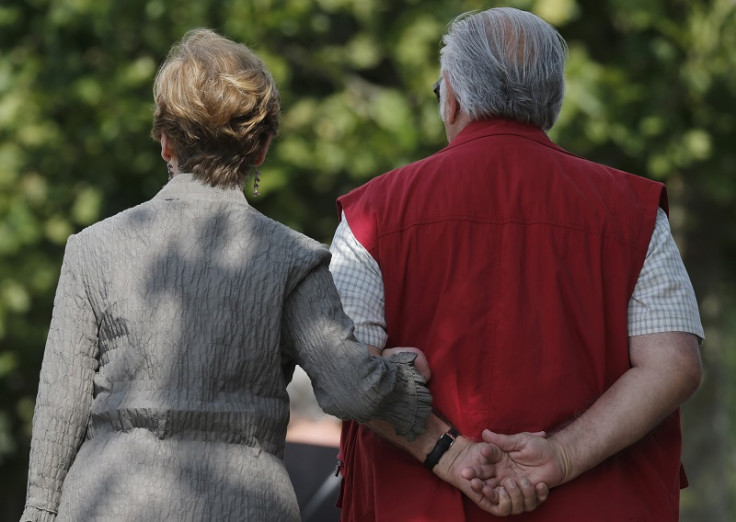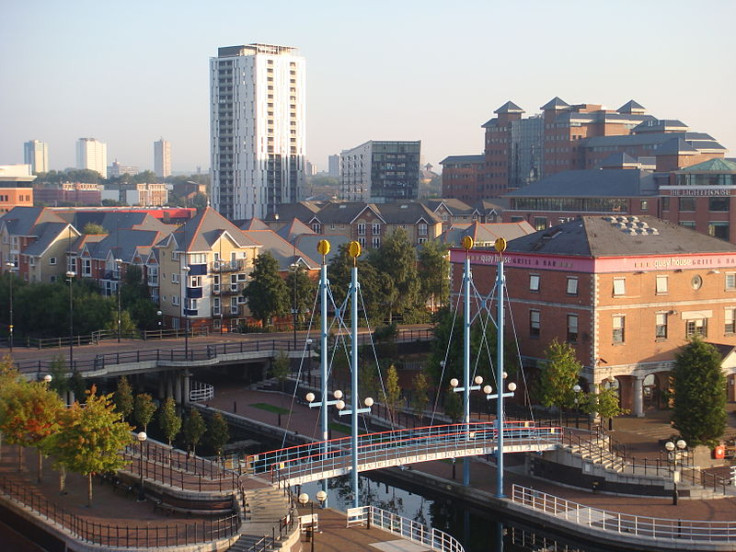Girls' Life Expectancy Varies by 32 Years Across UK

Life expectancy for girls born today in certain areas of England is as low as 73, while those living in other towns might reach 105.
The statistics from Public Health England reveal the astonishing disparities in lfie expectancy in different parts of the country.
According to the research, the worst areas for women born in this generation include Holme Wood in Bradford, which is believed to be the largest council estate in Europe, along with Patricroft in Salford.
Parts of Stockport, St Helens and Hull also carry a life expectancy of 72 or 73 years.
In comparison, men in the area are expected to reach around 66 or 67 years - revealing that women generally still outlive men, as previously known.
Women who are born in Northburn, Northumberland, could reach 105 years if they stay there for life, as revealed by the research.
The other top areas for women are Beggarwood, Basingstoke and Dean, Marlow in Wycombe, Grange Park in Swindon and Lyppard Grange in Worcester.
Men are expected to live longer if they are born in the affluent areas of Knightsbridge in Westminster, Broadfield and Crawley in West Sussex, Brompton and Kensal Town in Kensington and Chelsea, and Brierley Hill in the West Midlands.

The worst places for life expectancy in men include Rock Ferry in Birkenhead, Radford in Nottingham, Grange Park in Blackpool and Leicester city centre.
The lowest age was in South Fields in Leicester, in which men are expected to live just 67 years.
While it is established that men and women living in wealthier areas tend to live longer than others, the research reveals a shocking disparity between towns. However, the statistics reveal unusual anomilies - such as the longer life expectancy in Northburn, which is less wealthy than Kensington and Chelsea.
Previous research from the World Health Organisation revealed that people are living longer, healthier lives than in the past. Between 1990 and 2011, the global life expectancy has increased from 64 to 70.
Sir Michael Marmot, professor of epidemiology at University College London, has revealed social standing and status has a part to play in longevity. Called "Status Syndrome", Sir Michael maintains that our health and life expectancy is largely dependent on our social "pecking order" - regardless of whether we live in wealth or poverty.
He discovered patterns in groups of people, from Oscar winners to academics. According to Sir Michael, those with a PHD live longer than people with Master's degrees, while those with a degree love longer than those who left school early.
© Copyright IBTimes 2025. All rights reserved.




















